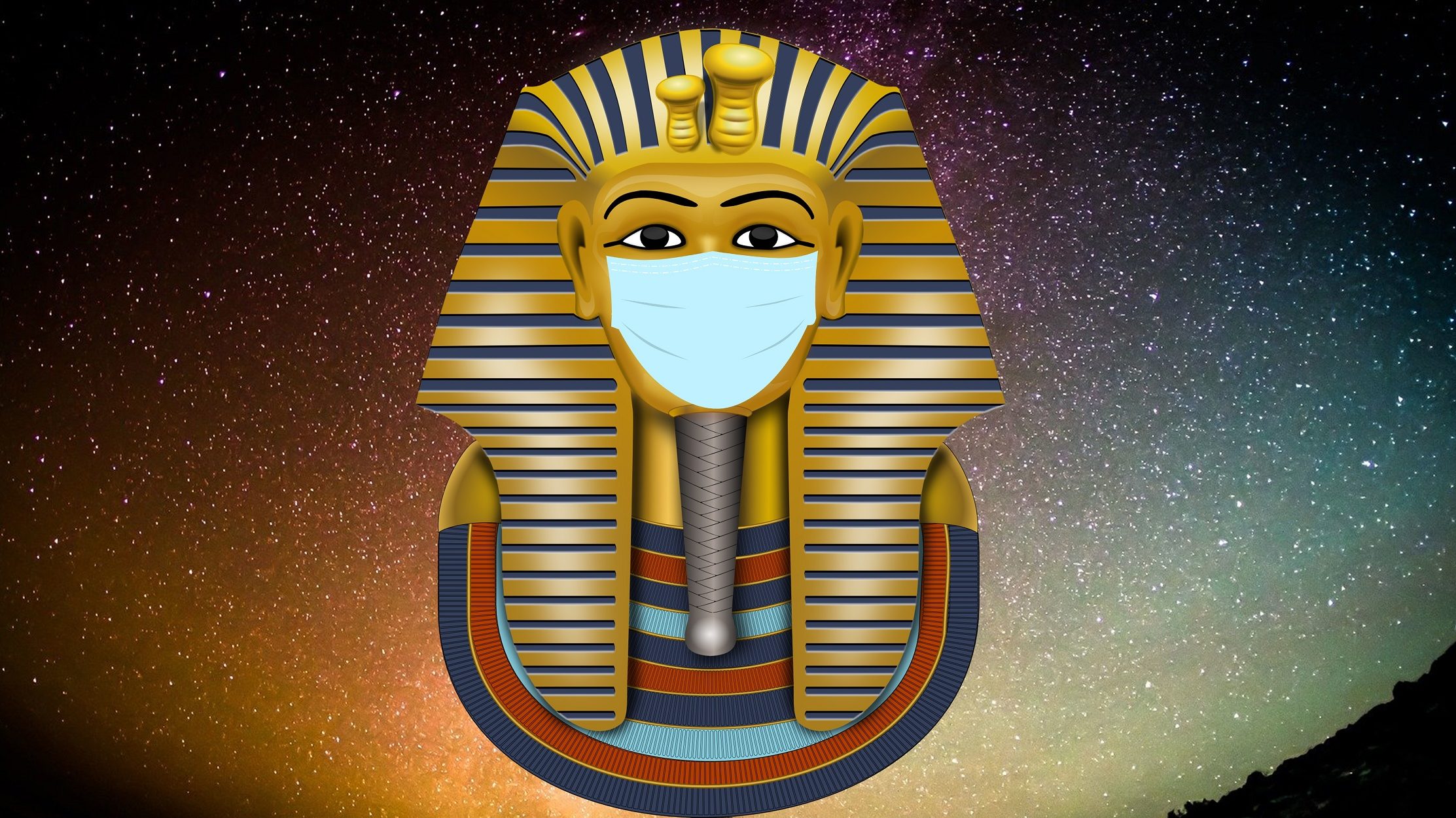How We Can Leverage the Crisis to Our Benefit
Al-Masry Al-Youm, Egypt, June 11
Six months have passed since the outbreak of the coronavirus crisis. So much has changed during this period of time, including the actual names used to describe the disease, which have ranged from corona to COVID to SARS. Regardless of its name, the virus has managed to affect millions of people and kill hundreds of thousands around the world. It has paralyzed the global economy to an extent even greater than the Great Depression of the 1930s. As if all of this were not enough, our international geopolitical conditions are currently the worst they’ve ever been. China and the United States are in the midst of a trade war that is reminiscent of the heydays of the Cold War. On June 1, The New York Times published an article projecting what the future will bring. The authors indicated that the virus will accompany us for a very long time. Wearing masks, maintaining social distance and self-quarantining at home will become part of our ordinary routine. Our healthcare systems will be utilized to their maximum capacity and our economies will continue to shrink. There is still a long way ahead of us before we can rely on effective testing, herd immunity or a vaccine to resume our normal lives. Political commentators are also in agreement that the pandemic has increased the already striking inequalities in our world in terms of income, wealth and opportunity. In preparation for this new reality, Egyptian Prime Minister Mostafa Madbouly has formed an emergency task force charged with building a national response plan to battle the pandemic. The presidency has also recruited several financial and urban planning consultants, as well as health advisers, to aid the process. Thankfully, this has so far allowed the Egyptian government to manage the pandemic even while continuing to pursue large infrastructure projects. Despite the great pressure placed on the state apparatus, which has to deal with the Renaissance Dam crisis in Ethiopia and the Turkish intervention in Libya, Egypt has coped fairly well. We never experienced a food crisis, no medicine disappeared from pharmacy shelves, electricity supply remained consistent and steady, and even when hospitals started getting crowded, the situation remained far better than in other developing countries. What we need to do better is the real-time reporting of information. While it is certainly true that daily data about the number of new patients, deaths and recoveries are made available by the Health Ministry, reporting is still not done at the governorate, city and village level. This information is crucial if we are to stop the spread of the virus. If this pandemic has taught us anything, it’s that our urban expansion has increased beyond our means in recent decades. Controlling our demographic growth and investing in health infrastructure will therefore not only help fight COVID, but also make Egypt a more resilient country in the future. – Abdel Moneim Saeed (translated by Asaf Zilberfarb)


